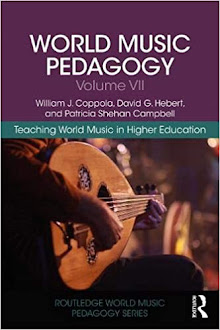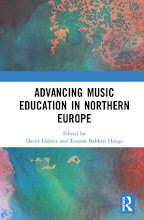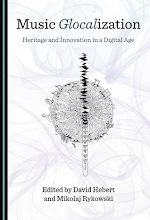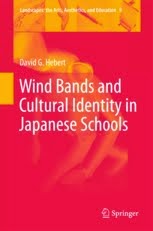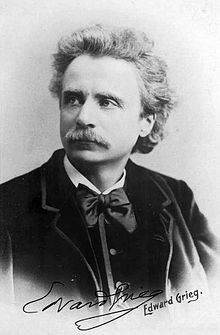For 50 years, the Paris-based organization OECD (Organization for Economic Co-operation and Development) has offered research-based recommendations to governments that now include 34 member countries. OECD is a particularly important institution in the field of international-comparative education.
About one week ago, the organization’s Director for Education began her report from Japan as follows:
Sunday, March 11, 2012
Lessons in Learning, Amid the Rubble
by Barbara Ischinger, Director for Education
A school band played for us. It was the best school band I’ve ever heard—and I’ve heard many. It was the true image of hope, team spirit and positive attitudes. For the students, it was the welcome experience of normality. A brass band playing in the midst of vast devastation; a landscape that reminded me of street scenes from my childhood in Germany after the war. But this was just one week ago, in Japan, during a visit to the area torn apart by the earthquake and tsunami a year ago today. I went there to participate in the launch of the Japan edition . . .
Click here for further details from the OECD-Japan report:
http://oecdeducationtoday.blogspot.com/search/label/Japan
I mentioned this OECD report during my recent guest lecture for the Japan Studies programme at University of Bergen.
Here is a link to a description of my book on the impressive tradition of school bands in Japan:
http://www.amazon.com/Cultural-Identity-Japanese-Schools-Landscapes/dp/9400721773








